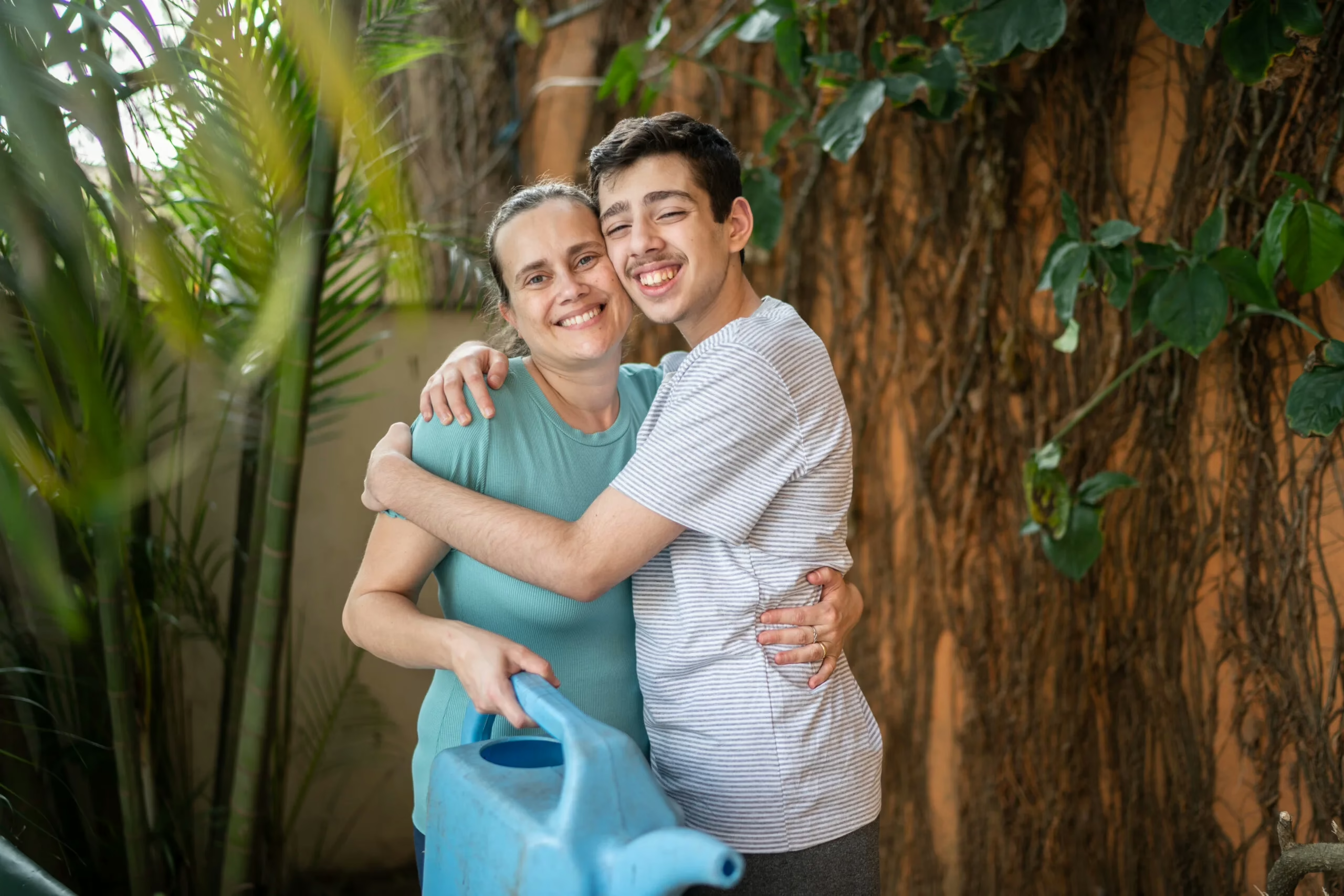Recognizing and acknowledging someone’s significant behavioral issues can be challenging. Maxim Behavioral’s empathetic and dedicated behavioral professionals provide families with consistent, evidence-based support that can result in positive, lasting effects — tailored to empower individuals with behavioral challenges to thrive and connect.
Focused care. Caring support.
Our Board Certified Behavior Analysts (BCBAs) and intensive direct care providers are clinically trained and rely on a flexible, personalized approach to target each individual’s intensive behavioral needs and circumstances — an essential step toward lifelong confidence.
Consistency and connection
The structured approach of intensive behavioral intervention (IBI) provides respite services to primary caregivers of individuals with significant behavioral issues. Our direct care staff will attend to their basic self-help needs, such as age-appropriate interaction, socialization and daily routines usually provided by family members.
Familiar environment
Help facilitate success in the comfort of home, where clinicians can build a strong and positive relationship and better understand each client’s daily routine, challenges and goals.
In-home skills development
Our BCBAs and direct care staff are trained to empower individuals diagnosed with developmental disabilities to develop adaptive skills, such as dressing and toilet training, language and communication skills, and play and social skills.
Natural rewards
With IBI, positive reinforcement strengthens pivotal skills that enhance quality of life. Our services are designed to meet the unique needs of individuals and their families, while helping everyone overcome obstacles and laying the foundations for future success.
Convenience
Maxim works with you to schedule IBI at times that are convenient for you and your family.
Quality, trusted in-home ABA care
Our BCBAs and intensive direct care providers are compassionate, dedicated professionals who use evidence-based practices to aid individuals and their families.
Related blog posts
Autism Diagnostic Challenges and the DSM-5
As a parent or guardian of a child with an autism spectrum disorder (ASD) diagnosis, you have probably heard...
Autism and Mental Health
Autism spectrum disorder (ASD) is not a mental health condition; however, individuals with ASD are highly likely to have a...
Autism Awareness vs. Acceptance: What’s the Difference?
You may have heard the terms awareness and acceptance used interchangeably, especially in conversations about autism spectrum disorder (ASD);...
Connect with Maxim Behavioral
Discover our services, meet our dedicated caregivers and connect with an office near you by filling out our contact form.



